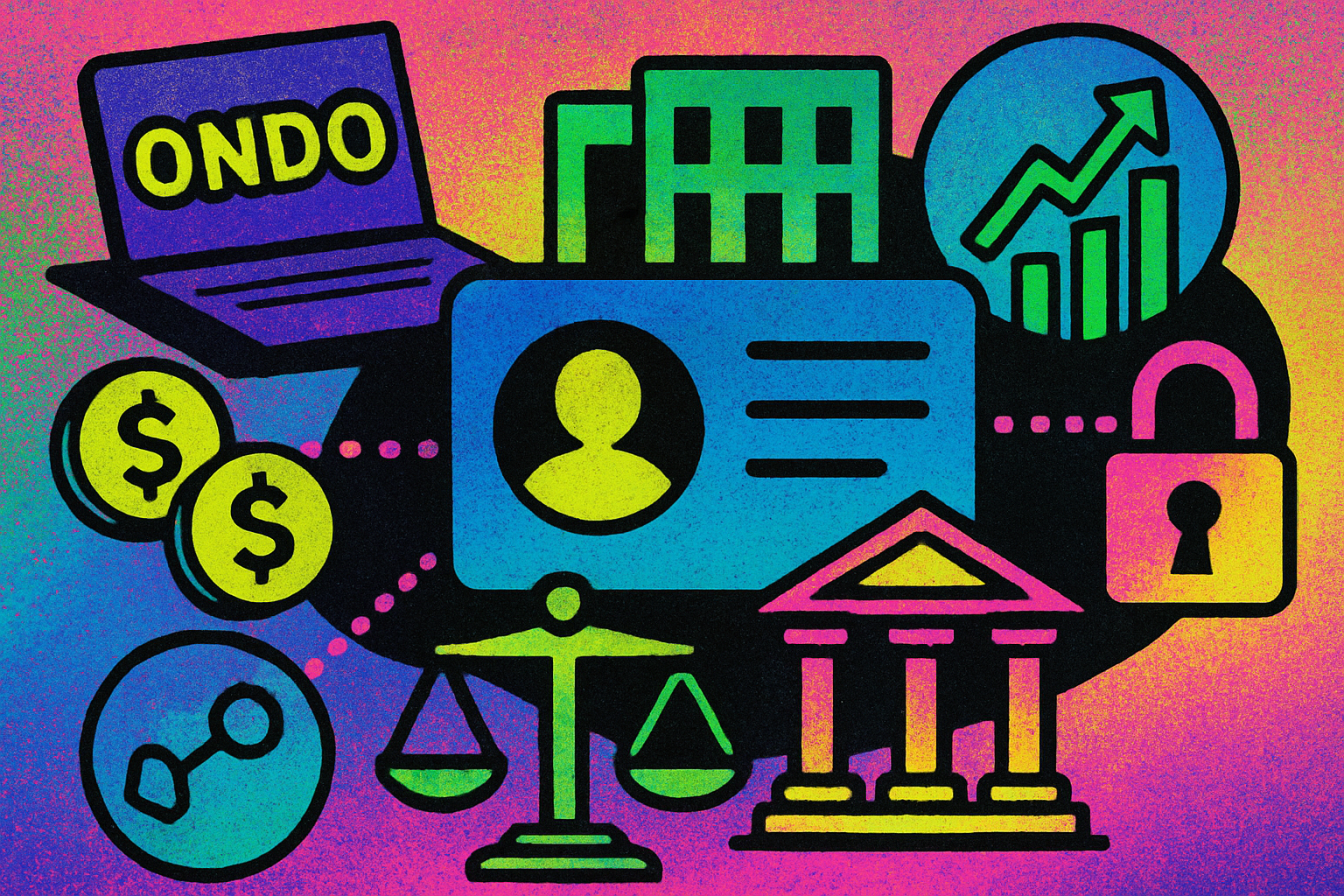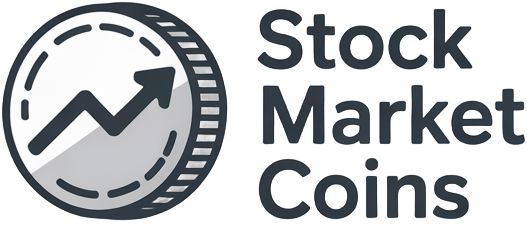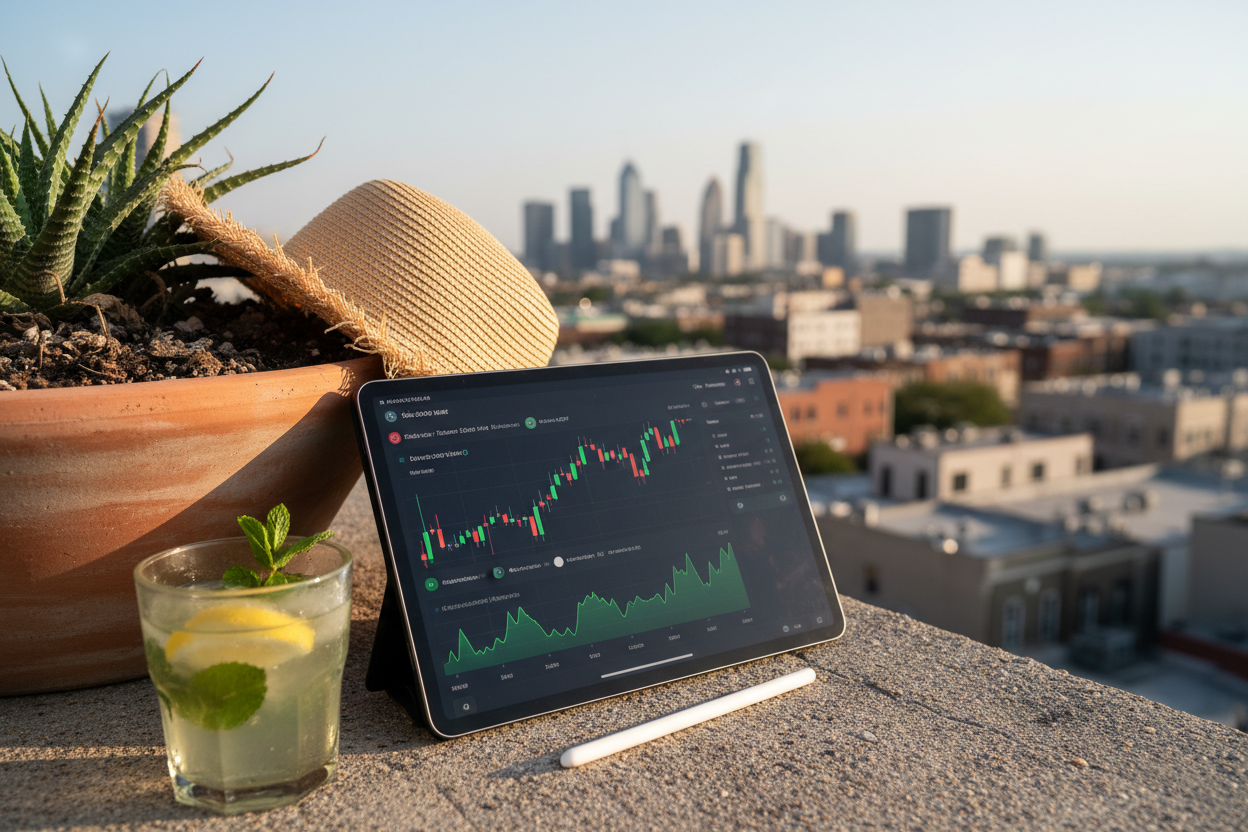How to Trade Tokenized Stocks On-Chain: Platforms, Strategies & Risks (2024 Guide)

Trading tokenized stocks on-chain has rapidly evolved from a niche experiment to a credible alternative for global equity exposure. As of late 2025, the on-chain equities market is defined by robust platforms, innovative trading strategies, and a complex risk landscape. This guide focuses on the essential elements every investor needs to understand: leading platforms, proven strategies, and the most critical risks.

Ondo Global Markets: Setting the Standard for On-Chain Equity Trading
Ondo Global Markets stands out in the current ecosystem as a premier platform for trading tokenized U. S. stocks and ETFs around the clock. With over 100 equities available, Ondo offers deep liquidity and a compliance-first approach that addresses many of the regulatory hurdles facing other platforms. Unlike hybrid or synthetic solutions, Ondo’s tokens are directly backed by real-world shares held with regulated custodians, ensuring transparency and minimizing tracking error.
Key features include:
- 24/7 On-Chain Access: Trade equities outside traditional market hours using stablecoins or crypto assets.
- Robust Compliance: KYC/AML protocols and programmatic controls prevent unauthorized transfers and enforce lock-up periods where required.
- Liquidity Solutions: Aggregated order books and integration with DeFi pools help reduce slippage even during volatile periods.
This platform-centric model is increasingly favored by institutional traders seeking both operational efficiency and regulatory clarity. For more details on how these platforms enable continuous trading and fractional ownership, see this in-depth guide.
Delta-Neutral Arbitrage: A Core Synthetic Equities Trading Strategy
The emergence of liquid markets for on-chain stocks has unlocked sophisticated trading strategies previously reserved for hedge funds. Chief among these is Delta-Neutral Arbitrage. The core idea is to exploit price discrepancies between tokenized stocks traded on platforms like Ondo Global Markets and their underlying shares listed on traditional exchanges (e. g. , NYSE or NASDAQ), all while minimizing exposure to overall market direction (delta risk).
A typical delta-neutral arbitrage workflow involves:
- Identifying Price Gaps: Use real-time data feeds to spot when an on-chain stock trades at a premium or discount versus its off-chain equivalent.
- Pain-Free Execution: Simultaneously buy (or short) the underpriced asset while selling (or buying) its counterpart to lock in riskless profits.
- Hedging Systematically: Maintain a neutral position so that portfolio value remains largely unaffected by broad market moves.
This strategy not only enhances market efficiency but also provides liquidity to both sides of the trade. However, it requires reliable cross-market connectivity and fast execution, factors that can be affected by blockchain congestion or exchange downtime. For those seeking more actionable tactics, our comprehensive overview of synthetic equities trading strategies is recommended reading (see full article here).
Navigating Regulatory Uncertainty and Counterparty Risk
No discussion about how to trade tokenized stocks would be complete without addressing the two most significant risks: regulatory uncertainty and counterparty risk. The legal status of tokenized equities remains fluid across jurisdictions. While compliant players like Ondo Global Markets implement rigorous controls, such as restricting transfers to whitelisted wallets, unexpected regulatory actions can still disrupt access or force sudden changes in custody arrangements.
Counterparty risk is equally critical. Even when tokens are fully backed by real shares, investors rely on centralized issuers or custodians whose solvency cannot be guaranteed indefinitely. If an issuer faces bankruptcy or legal action, holders may lose access to their underlying assets regardless of on-chain balances. This makes thorough due diligence into platform structure, insurance protections, and operational transparency non-negotiable before allocating capital.
To further mitigate these risks, investors should prioritize platforms with transparent asset backing, robust compliance frameworks, and a proven operational track record. Ondo Global Markets exemplifies this model by providing regular audits, publishing proof-of-reserves, and maintaining regulated custody partners. These measures reduce the likelihood of asset mismanagement or regulatory non-compliance but do not eliminate risk entirely.
Another prudent approach is to avoid over-concentration in any single platform or tokenized equity. Diversification across different issuers and asset classes can help reduce exposure to isolated platform failures or jurisdiction-specific regulatory shocks. For those new to the space, educational resources on how to invest in tokenized equities provide step-by-step guidance on wallet setup, KYC onboarding, and best practices for secure trading.
Best Practices for On-Chain Stock Investors in 2025
Given the unique characteristics of on-chain equities trading, investors should adopt a disciplined approach:
- Monitor Regulatory Updates: Laws governing tokenized stocks are evolving rapidly. Subscribe to official platform updates and regulatory bulletins to stay compliant.
- Verify Asset Backing: Only trade tokens with verifiable 1: 1 backing by real shares held at regulated custodians. Avoid synthetic derivatives lacking transparency.
- Utilize Secure Wallets: Store your assets in wallets that support programmable compliance features (e. g. , whitelisting) to reduce unauthorized transfer risk.
- Test Arbitrage Strategies Cautiously: Delta-neutral arbitrage can be profitable but requires low-latency execution and reliable cross-market data feeds. Start small and measure slippage before scaling up.
The intersection of blockchain technology with traditional finance is creating new opportunities, and new complexities, for equity investors worldwide. Platforms like Ondo Global Markets are setting higher standards for transparency and accessibility, while delta-neutral arbitrage strategies offer a quantifiable edge for data-driven traders. Yet significant risks remain around regulation and counterparty solvency; ongoing due diligence is essential for anyone allocating capital into this emerging sector.
For readers seeking a deeper dive into how tokenized U. S. equities are traded on-chain, including platform comparisons, fees, and practical walkthroughs, refer to our detailed analysis: How to Trade Tokenized U. S. Stocks Onchain: Platforms, Fees and 24/7 Access Compared.







